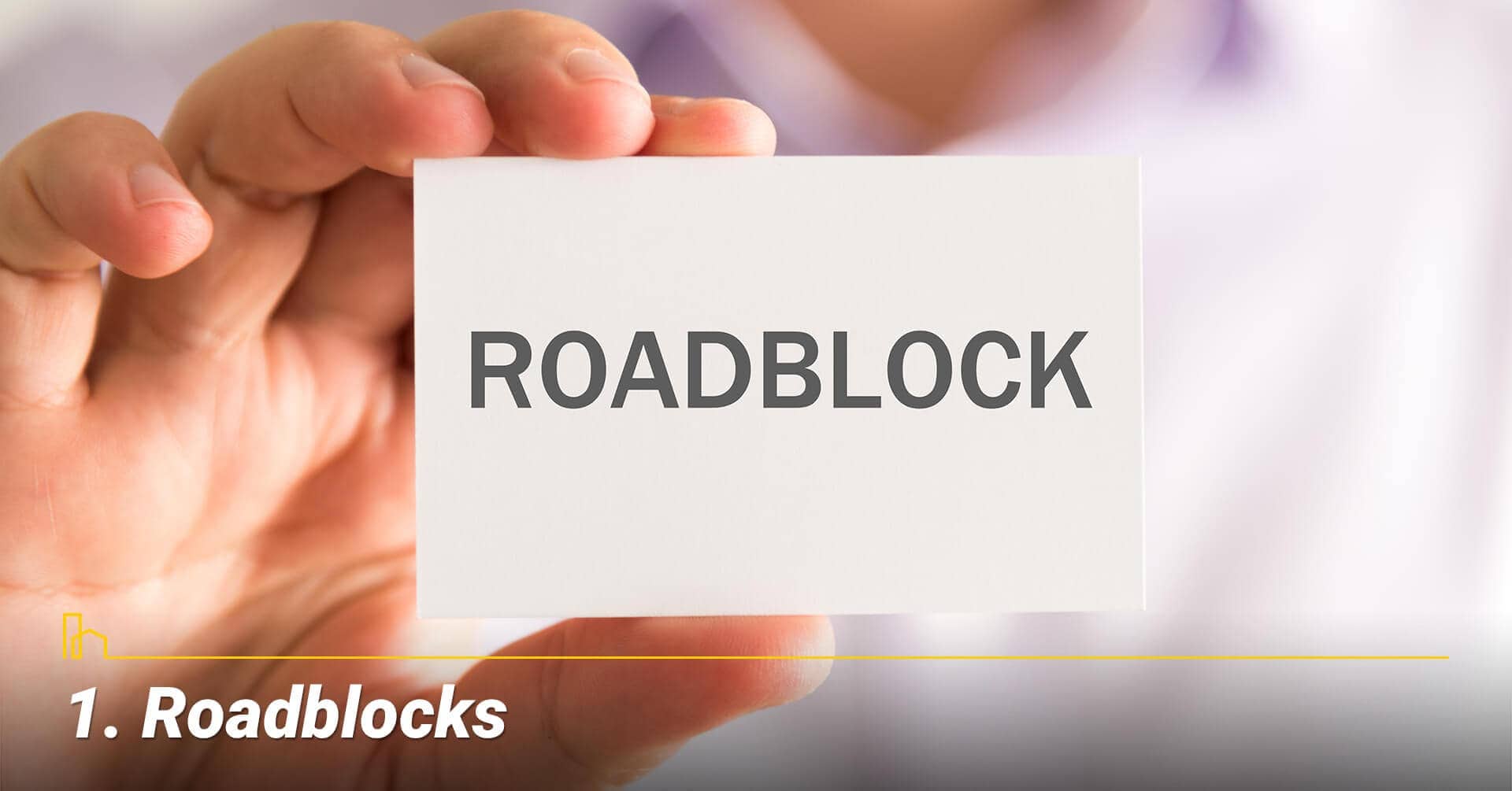
In this article, we’ll help you understand contract for deed financing as well as the pros and cons that accompany it. After reading this article, you will have a clear understanding of the process and know if this is a route you want to explore further. Let’s get started.
When we’re trying to purchase a home, we don’t often hear the term “contract for deed,” do we? Most of us will seek traditional financing—FHA, VA, conventional, rehab, etc.—but we don’t often hear about the contract for deed option.
In addition, many lenders don’t even have such a finance option available for those who want it.
If you’re trying to buy a home (or if you’re a professional who is unfamiliar with the contract for deed option), please know that contract for deed financing is available. You just have to know where to look for it.
Here are 6 Key Things to Understand About the Contract for deed.
Table of Contents:

If you are looking into the contract for deed option, it is probably because there are roadblocks preventing you from qualifying for traditional financing.
The fact that you’ve been denied by traditional lenders doesn’t mean that you’re a bad person, or that you’ve done something bad. It might be because you’ve recently lost your home or your business or filed for bankruptcy due to unforeseen circumstances.
Now you have worked and saved up enough for a small down payment, but you can’t purchase a house for your family due to the guidelines set by lenders and housing developments.
For example, if you recently went through a short sale, you’ll have to wait a minimum of two years before you can be considered for FHA financing on your next home. If you recently went through a foreclosure or bankruptcy, you’re looking at three years for the FHA program or five years for a conventional program in order to qualify for financing to purchase a home.
One option you have is to rent until you meet the requirements, but renting comes with its own restrictions. What if you have a larger family? How many places have as many bedrooms as you need? And even if they do, what does the rent look like?
If you are a savvy consumer like me, you won’t even want to explore that option. You’ve just lost a big chunk of what you’ve built up, and now you’re looking to pay for someone else’s mortgage for the next few of years? It’s not an appealing choice.
When your options are limited, it’s time to consider purchasing on a contract for deed.
Each of the five large cities described are chock-full of neighborhoods that are favored by families with children, young professionals, and retirees. We’ll focus on eight critical attributes that often define a city: History and population, Lifestyle, Affordability, Housing market and neighborhoods, Healthcare and safety, Employment…

When I explain purchasing a home on a contract for deed, I want you to think of the process of buying a car.
When you’re looking to finance a car, you will have a better interest rate for a brand-new car than if you were to purchase a used car. The terms will be anywhere from 24 to 72 months, depending on your income and debt-to ratios.
You will have the legal right to the car as long as you make the monthly installment, but when you default on your payments (for, say, 60 to 90 days), your car will be repossessed. It will go back to the servicer who holds the legal title to your car.
The financing terms are relatively similar when you buy a home on a contract.
If you’ve decided to make Florida your new home, you’re in luck – it’s a big and varied place, with something for all ages, family dynamics and budget. Continue reading as we dive into some notable Pros and Cons about the state itself, the top cities to live in across a variety of categories, and…

When it comes to buying a home on a contract for deed, of course, there is a lot more to it—but it is similar to buying a car in terms of the interest rate, the monthly terms, and the default time frames.
Now let’s dig deeper into the contract for deed home purchase.
In traditional financing, your lender issues a lump sum payment to the seller and their lender (if any). In return, you, as the buyer, get a deed to the property and you can take possession immediately.
On a contract for deed, on the other hand, the seller agrees to be the lender. The seller allows you to pay for the real estate through installments instead of a lump sum. When you take possession, the seller continues to hold the legal right to the property.
Over time, you excise the terms as specified in the contract. Once the terms are complete, the seller conveys the legal title over to you through a deed.
The basic terms on the contract for deed can vary from contract to contract. It depends on what the seller is willing to accept. Generally, the seller will look for a down payment anywhere from 10% to 20% of the purchase price. The interest on a contract for deed could be anywhere from 1% to 2.5% higher than the current market rate.
Lastly, most sellers will only consider financing with a balloon payment at the end. That means you will have anywhere from three to five years of fixed principal and interest payments. The monthly mortgage payment will amortize over a 30-year period, but after the term is up, the remaining amount will be due all at once.
You will then have to come up with the remaining (often large) balance to pay the seller—usually through a new loan from an institutional lender. Otherwise, you will be in default and risk losing everything you’ve invested in the last few years.